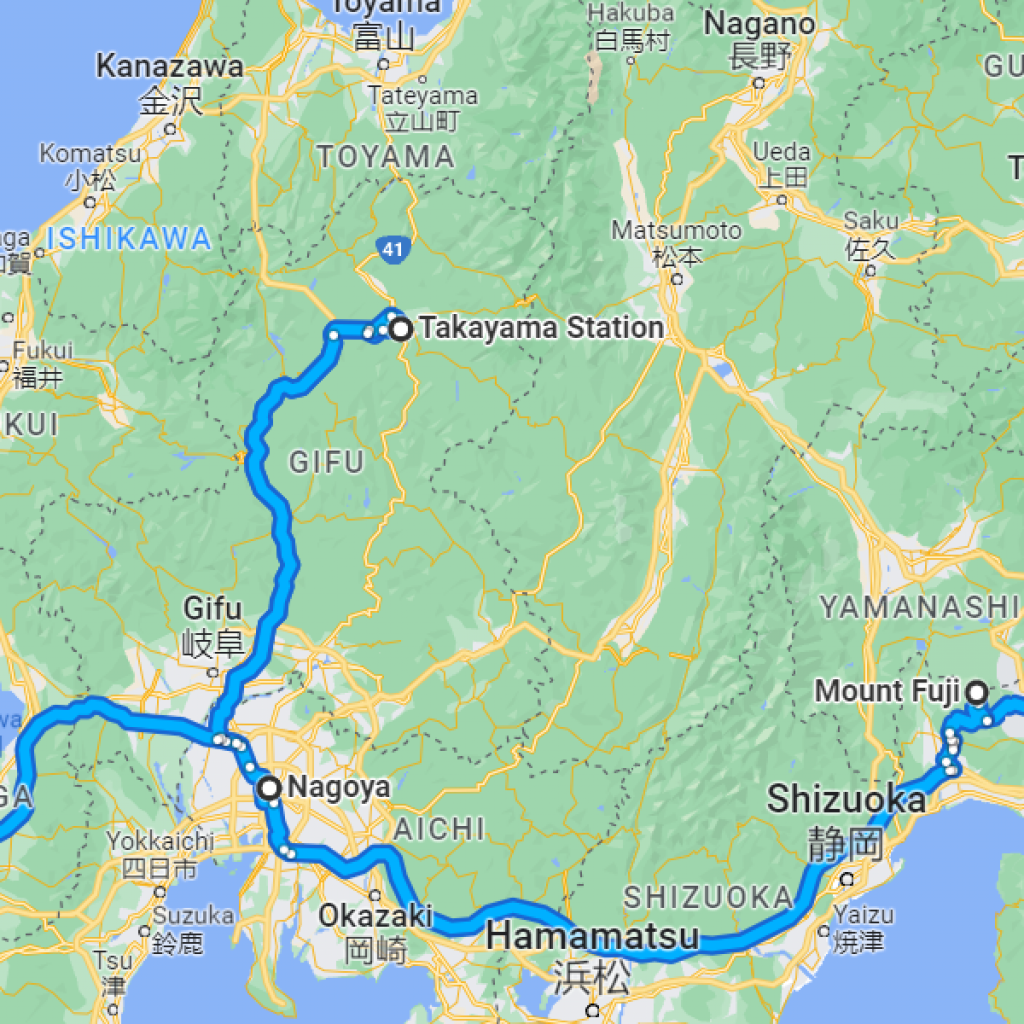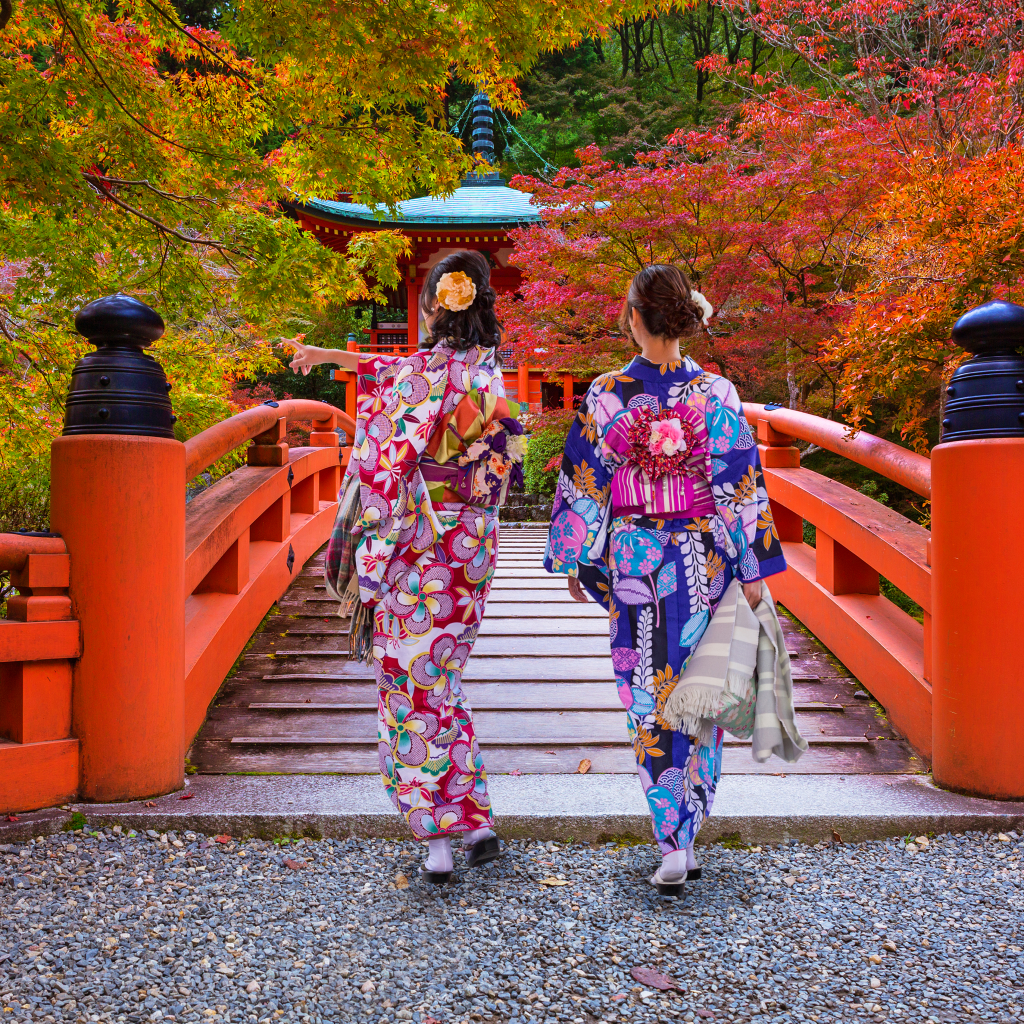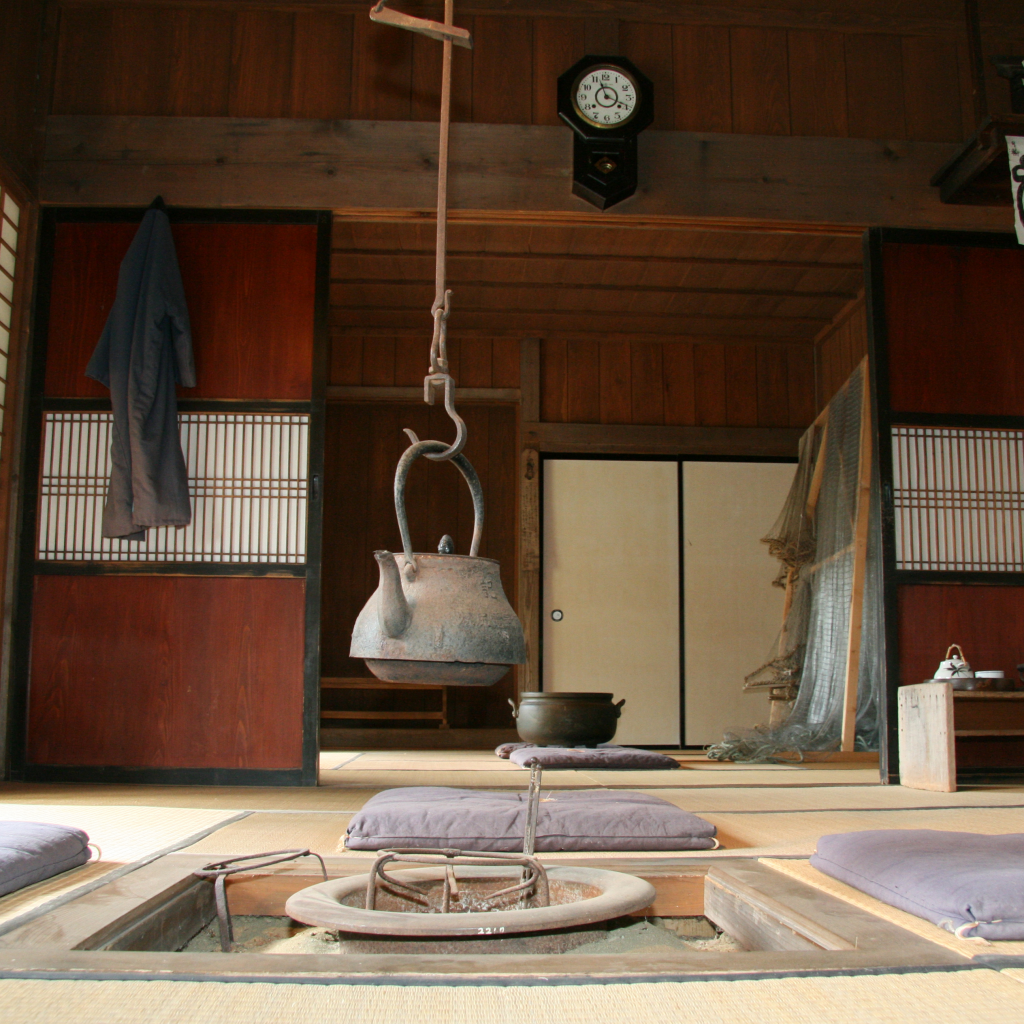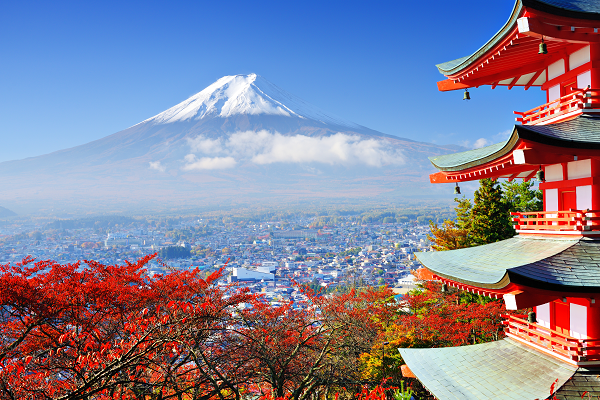In recent years, Japan has surged in popularity, becoming one of the hottest destinations for travelers from around the world, U.S. and European tourists alike, offering more than just scenic beauty—it’s a true cultural odyssey. According to tour operators and travel agents, the country’s unique blend of modernity and tradition, pristine natural beauty, and meticulous hospitality make it irresistible. But beyond the headlines and growing popularity, Japan offers so much more than just being a trendy spot—it’s an immersive experience that caters to every type of traveler.
Why Japan’s Cultural Odyssey Captivates Travelers
Japan’s appeal is multi-faceted. Whether it’s the neon-lit streets of Tokyo, the serene temples of Kyoto, or the rugged beauty of Hokkaido, the country offers diverse experiences for visitors. What sets Japan apart is not just its tourist attractions but its distinct way of life. The culture is deeply rooted in politeness, efficiency, and attention to detail, which elevates even simple travel experiences to something memorable. Every element—from the intricate art of sushi to the quiet calm of a traditional tea ceremony—makes visitors feel like they are part of something extraordinary.
Authentic Cultural Immersion: Beyond the Trend
Travel experts say Japan is much more than just a hotspot for adventure. What’s driving its appeal is a desire among tourists to immerse themselves in authentic experiences. Travelers are seeking deeper, more meaningful engagements with Japanese culture. For example:
- Culinary Tourism: Japan’s food scene is legendary, from the bustling izakayas (pubs) in Tokyo to the Michelin-starred restaurants of Osaka. The country has become a pilgrimage for food lovers eager to experience everything from sushi and ramen to lesser-known regional specialties like Hida beef and kaiseki ryori (multi-course meals).
- Cultural Immersion: The country offers travelers a chance to dive into cultural practices such as Zen meditation, calligraphy, and kimono dressing. These immersive activities allow visitors to not just witness Japan’s culture but to live it.
- Seasonal Travel: The changing seasons play a pivotal role in Japan’s allure. In spring, the cherry blossoms attract millions of visitors, while fall brings the stunning koyo (autumn leaves) that paint the landscape in vivid reds and golds. Winter sports enthusiasts flock to the powdery slopes of Niseko, while summer offers opportunities to experience traditional festivals like the Gion Matsuri in Kyoto.
A Personal Journey: Embarking on a Cultural Odyssey in Japan
Having fallen in love with Japan during multiple visits, including one unforgettable experience as a tourism development consultant for JNTO and Japan Airlines to create the “Backroads of Japan” program, my round-the-world honeymoon was made even more special with a trip to Japan. My wife also cherished the experience!
For an unforgettable Cultural Odyssey in Japan, the ideal journey still holds today: Tokyo (3 nights) – Mount Fuji – Nagoya – Kyoto (2 nights) – Takayama (1 night) – Kanazawa (1 night). This route offers the perfect blend of Japan’s bustling major cities and tranquil rural charm, including must-visit temples and a scenic bullet train ride between locations.

When planning your Cultural Odyssey in Japan, don’t worry about budget—three to five-star hotels in the major cities will suit Western travelers comfortably. However, for a truly immersive experience, consider staying at a range of budget-friendly Japanese inns called Minshuku (Bed and Breakfasts), which can be found in small villages. For a more luxurious experience, the up-market Ryokans offer a must-try experience, especially in rural areas or even in Kyoto.
Many of these traditional accommodations feature tatami-matted floors with Western-style beds. For a deeper cultural experience, try sleeping on a futon mattress, a hallmark of Japanese inns, adding to the authenticity of your journey. Learn more about the differences between Minshuku and Ryokan to choose the right fit as per your taste.

Takayama: A Hidden Gem
Nestled in the Japanese Alps, Takayama is a must-see destination on your Cultural Odyssey in Japan. A scenic 3.5-hour train ride takes you to this charming city, where the narrow streets of the Sanmachi Suji historic district are lined with wooden merchants’ houses dating back to the Edo Period. With its quaint museums and traditional architecture, Takayama is a perfect blend of history and culture. There are many beautiful small historical towns near Kyoto, like Takayama, offering visitors a deeper look into Japan’s rich heritage. (here is a list)
Best Time for Your Cultural Odyssey in Japan
While the best time to visit Japan is during spring (March to May) and autumn (September to November). This is when Japan is at its most vibrant, with delicate cherry blossoms or bright red leaves adding contrast to the scenery. Remember, it can also be very crowded at this time.
Though my honeymoon took place in winter, it was equally captivating, offering unique cultural experiences during the off-peak months. A winter visit allows you to explore:
- Traditional Japanese Sake Breweries: Peak brewing season occurs in January and February, offering a chance to witness age-old rituals surrounding sake production.
- Coming of Age Day: On the second Monday of January, young adults in Japan celebrate reaching the age of maturity. It’s a wonderful sight, with girls donning their beautiful kimono dresses across the country.
- Bean Throwing Day (Setsubun): Held on February 3, this tradition involves scattering roasted beans to ward off evil spirits. Visit a local temple to watch the fun as monks throw beans at each other.
Throughout the year, Cultural Odyssey in Japan enthusiasts can partake in various traditional festivals, offering an authentic glimpse into Japan’s cultural fabric.(listing).

Exploring Japan’s Culinary Delights: A Food Lover’s Journey
Japan is a food lover’s paradise, offering an array of culinary experiences that cater to every taste and budget.
- From Local Eateries to Michelin-Starred Restaurants: Whether you’re indulging in a meal at a local restaurant with a pictured menu or dining at a Michelin-starred restaurant, Japan’s food scene is diverse and rich in flavor.
- Snacks and Convenience Meals: Even Japan’s 7-Elevens are known for their delicious snacks and beautifully boxed meals, perfect for travelers on the go.
- Traditional Dining at Minshuku and Ryokans: Staying in Minshuku (bed and breakfasts) or Ryokans (traditional inns) offers the chance to enjoy home-cooked breakfast and dinner, immersing you in local culture.
Sightseeing Tours: Exploring Japan Your Way
Japan offers a variety of sightseeing options to suit different preferences, from organized tours to independent exploration. In all cities, one should explore the side streets, where people live and the local shops, restaurants, etc. are located.
- Guided Tours for Major Cities: If you’re visiting places like Tokyo and Kyoto, half or full-day sightseeing tours are a great way to orient yourself and visit top attractions. These tours are available in your language, making it easy for you to understand the culture and history.
- Exploring Rural Cities on Your Own: In rural areas, like Nagoya, you can explore independently. A private guide can be an option if you wish for deeper insights into historical sites, but you can easily walk and discover the charm of smaller towns by yourself.
Should you take a half or full-day sightseeing tour in the major cities? Yes. They are great for getting you oriented and for visiting the major attractions in Tokyo and Kyoto, in particular, in your language. But in places like Nagoya, where you basically will want to visit the Castle, no. In rural cities, one can easily walk exploring on your own unless one wishes a private guide to explain things to you.
Uncovering Hidden Gems in Japan: Exploring Off-the-Beaten-Path Locations
Bullet or local trails, you can book online on your own in your language. Of course, having a travel agent take care of everything for you is great. Group or custom individualized tours are a great option for many.
Customized Travel Tours: Tailored for Your Needs
For those who prefer a more personalized experience, there are various travel options to suit your needs.
- Custom Tours and JTB Sunrise Mini Tours: If your budget allows for a fully customized experience, consider booking a private tour with a car, driver, and guide. JTB Sunrise Mini Tours also offer flexible itineraries tailored to your interests.
- Independent Travel: The ‘Golden Route’ (Tokyo, Nagoya, Kyoto, Osaka) is easy to navigate for independent travelers. You can plan your own travel arrangements, book tours, or opt for a group or individualized tour if preferred. The sightseeing would be part of a regular coach tour.
While many Japanese people may not speak English fluently, they are generally friendly and eager to help. Learn basic Japanese phrases such as “hello,” “excuse me,” and “thank you” to navigate social situations with ease. Be patient and courteous when interacting with locals. Keep in mind that Japanese people tend to be shy about speaking English, so showing appreciation for their efforts will go a long way. Girls, do beware of overly friendly dirty old men.
Gain valuable insights into how to navigate Tokyo’s transport system and explore the city efficiently.
By: C Kao, Tourism Consultant
To uncover authentic travel experiences and insider tips for Japan and beyond, explore our Travel Secrets blog, where we offer expert recommendations and guide you to hidden gems across the globe.



Comment (0)